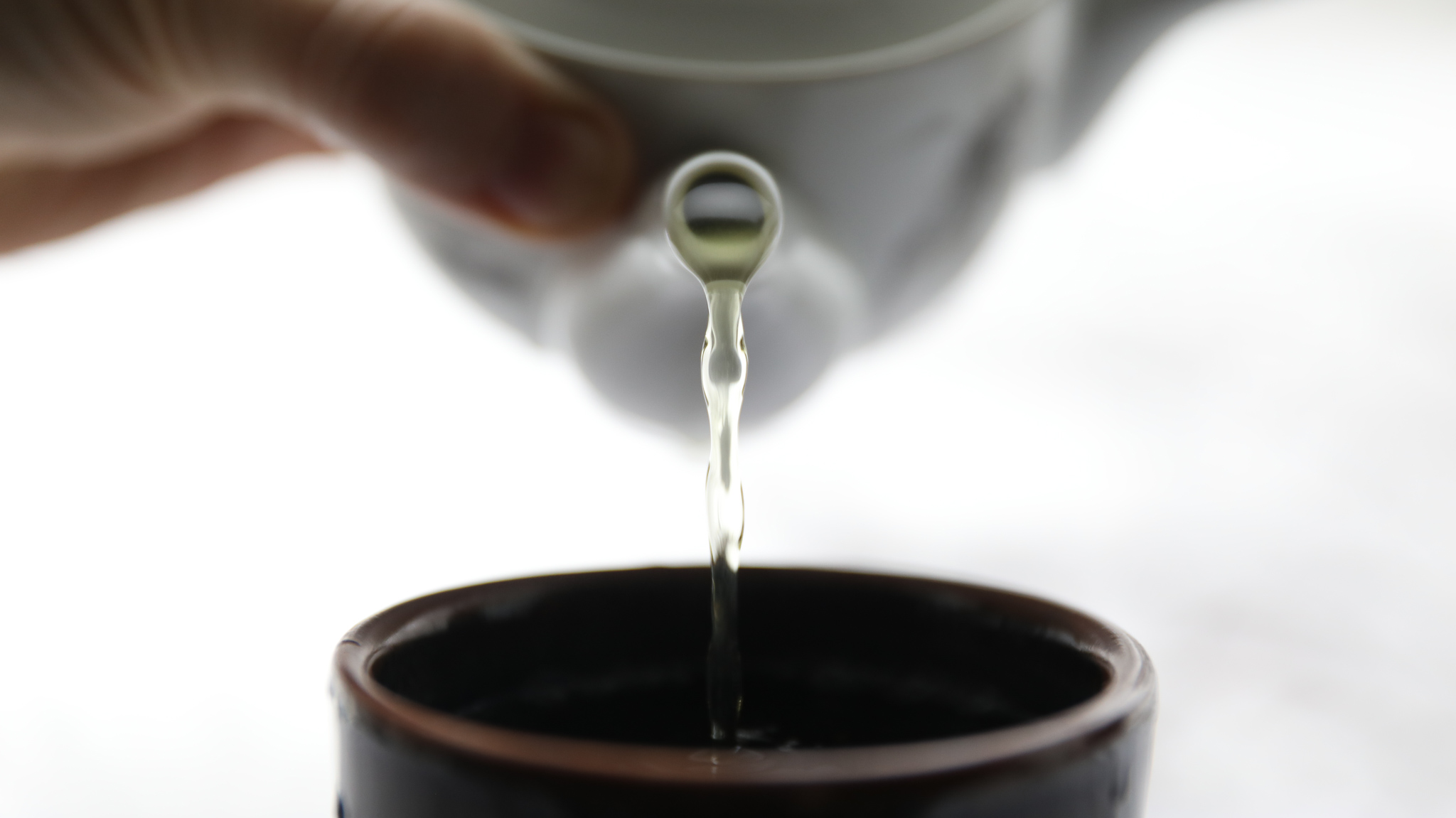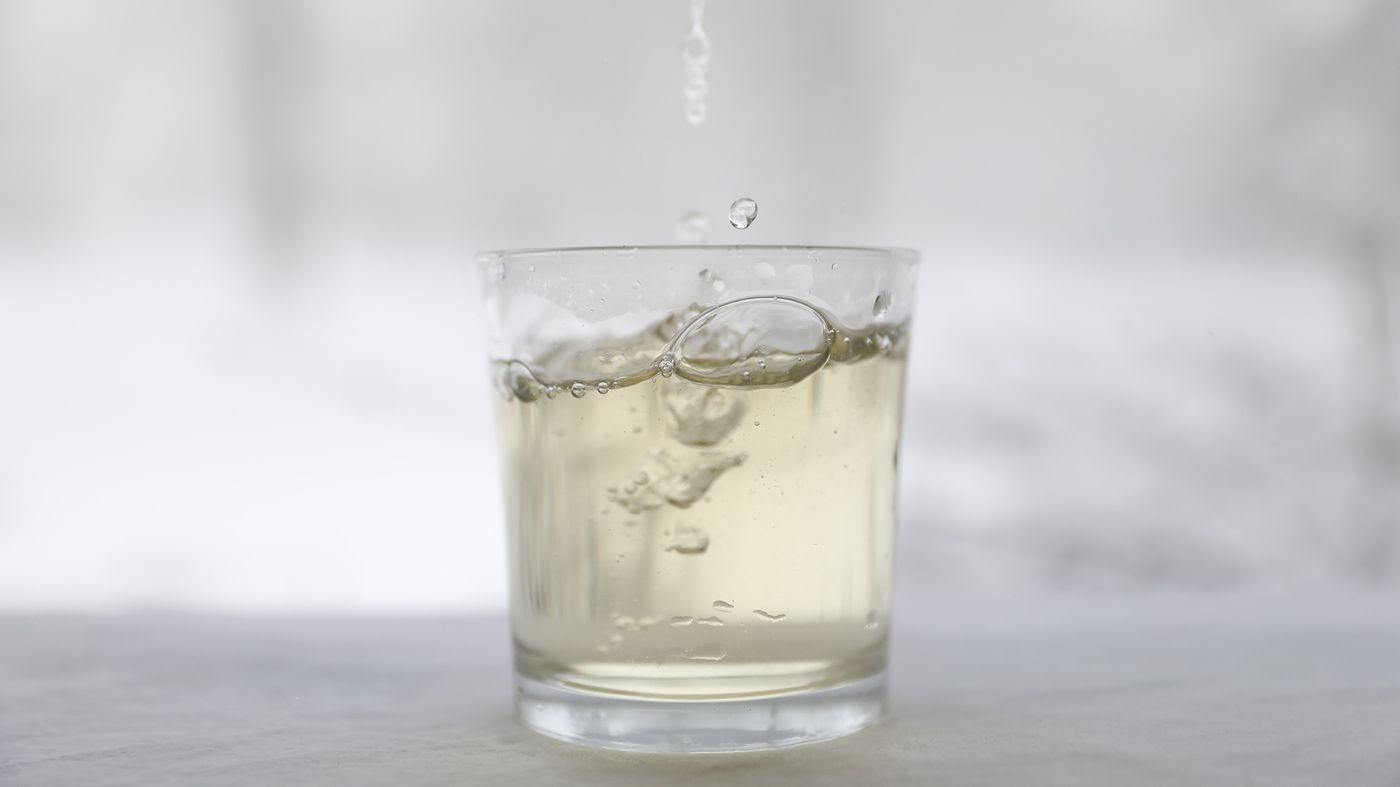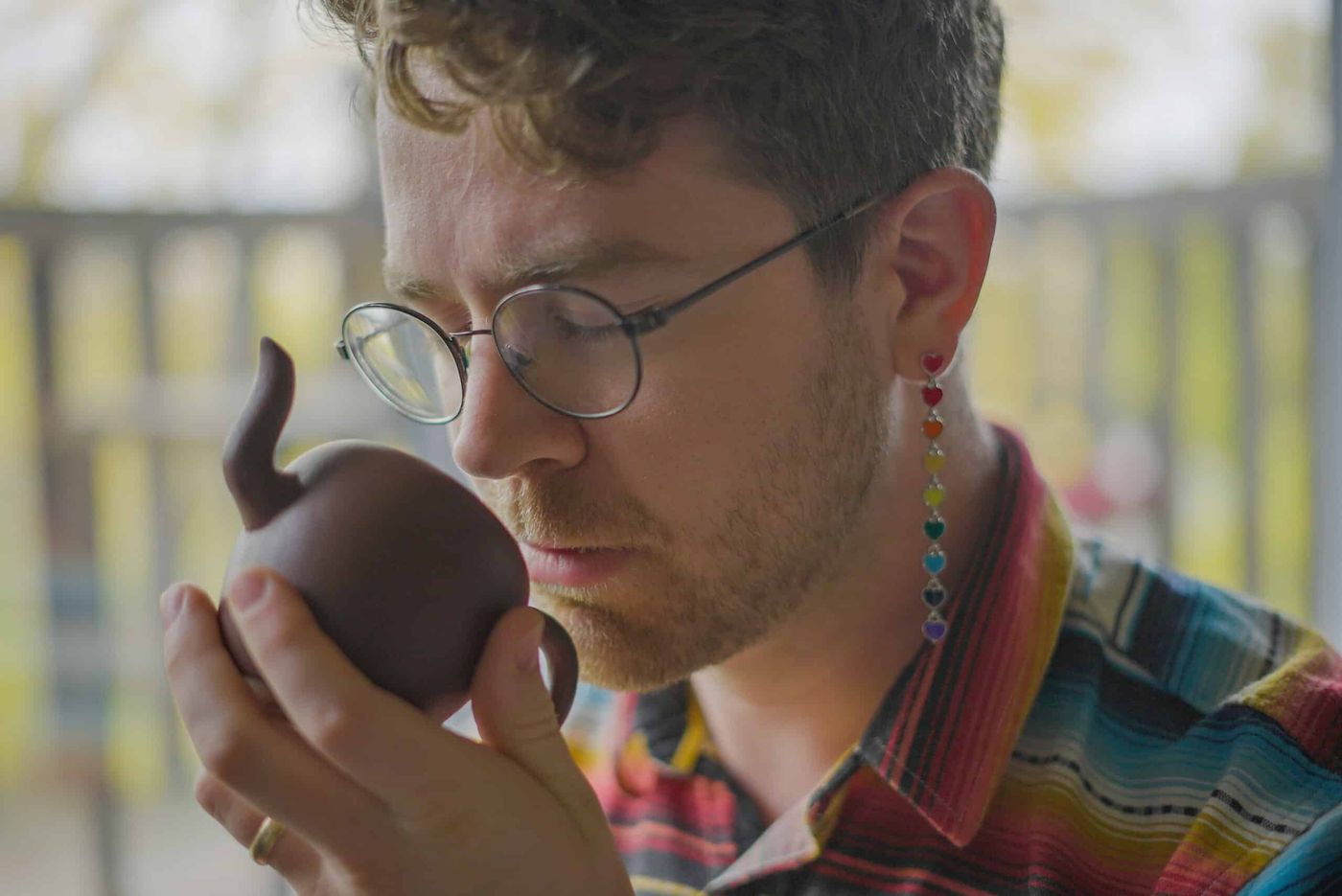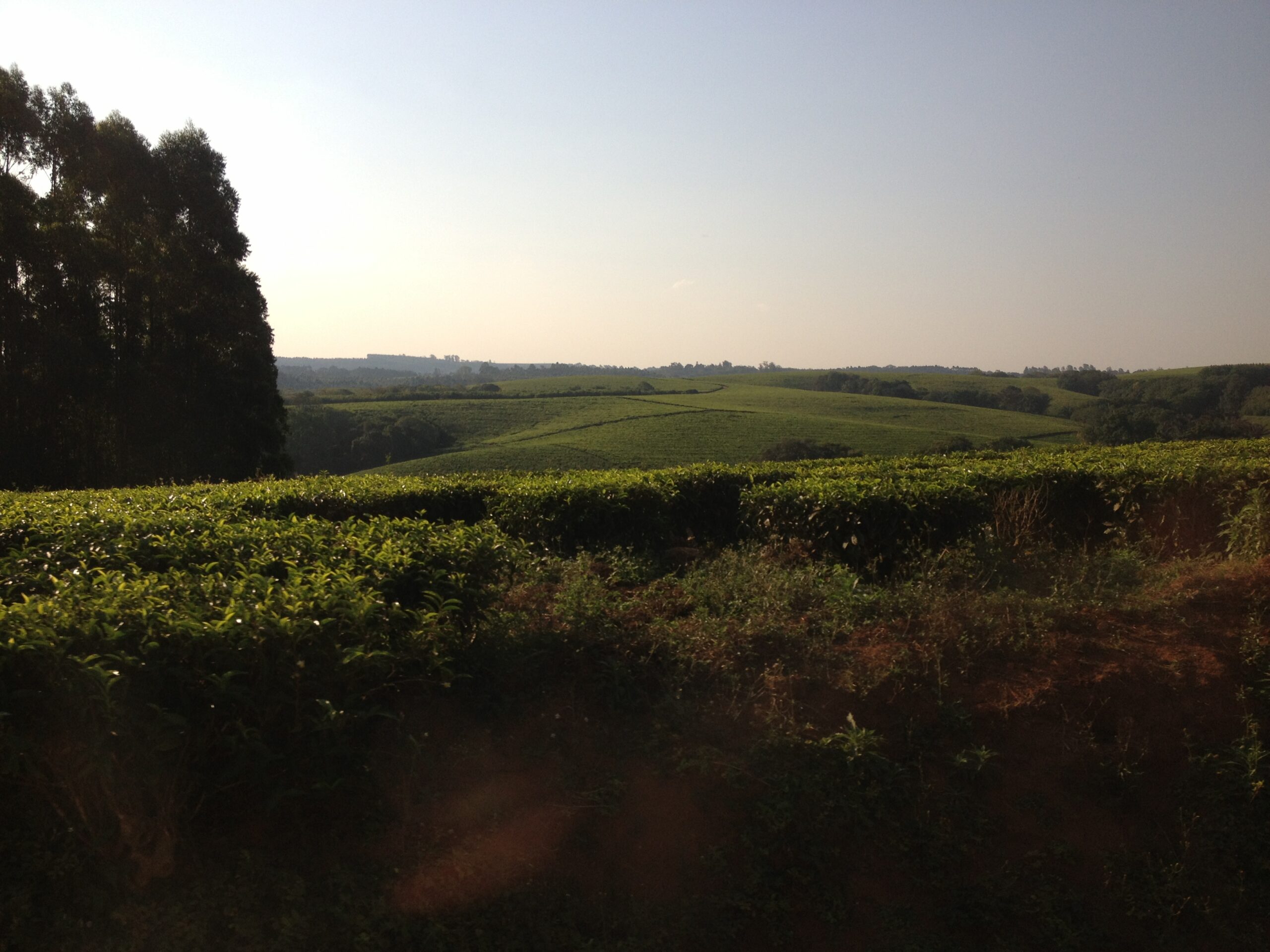You might notice that some teas on this site are no longer available. That’s perfectly normal, and that can actually teach us a valuable lesson about enjoying your tea in the moment. The next time you drink a tea you love, it could taste very different from the time before. Here are a few reasons why.

Every season is different
Most gardens will have multiple harvests – also called a “flush” – in a year. Each one can taste different despite being from the same region, the same garden, the same plant. The first flush usually happens after winter, when the first leaves are ready to be harvested. These leaves tend to have more flavor because they have grown slowly and soaked up lots of nutrients. It’s the same reason farmers cover their green tea in Japan to create the prized Gyokuro tea – slow growth. The next round of leaves, which are typically harvested in the summer, have grown more quickly given the ample amount of sun they receive. This quick growth gives less time for the leaves to absorb those tasty nutrients. The third flush usually happens in Autumn, and might provide even less flavor.

Every year is different
You know when people say, “oh, that’s a good year,” when they look at a bottle of wine? That’s because they are very knowledgeable about the growing conditions for grapes in the year that bottle was produced – or they’re just trying to sound smart. It’s the same with tea. We can average the amount of rainfall, or the amount of nutrients in the soil in a typical year, lending us a general idea of what a tea will taste like from a certain region or farm from year to year. But there are so many subtleties in tea. Getting 60 inches of rain verses 100 inches of rain in a year can influence a tea’s flavor and even its antioxidant levels.
Climate Change
The differences in seasons and years is usually an exciting adventure for tea drinkers. It’s fun to pick up on the subtle changes of a particular garden’s tea from one year to the next. But there are changes happening that are not as predictable, and not exciting at all. Climate change is threatening tea production. The flushes are coming at different times due to shifting seasons. The leaves are being damaged by intense heat. Even bug-bitten teas are being bitten less, due to the lower population of leaf hopper insects.

Tea as an anchor in the moment
Tea has the beautiful ability to ground you. The brewing process, the aroma, the sipping and enjoying can all bring joy in the moment. Knowing that the tea you’re drinking might taste totally different the next time you drink it nudges us to appreciate it now. But we can fight against some changes. Climate change is not the result of nature, it is the result of human error, and tea is just one potential victim of it. If you love your tea – and I hope you do if you’re on this site – please fight to protect our environment.

